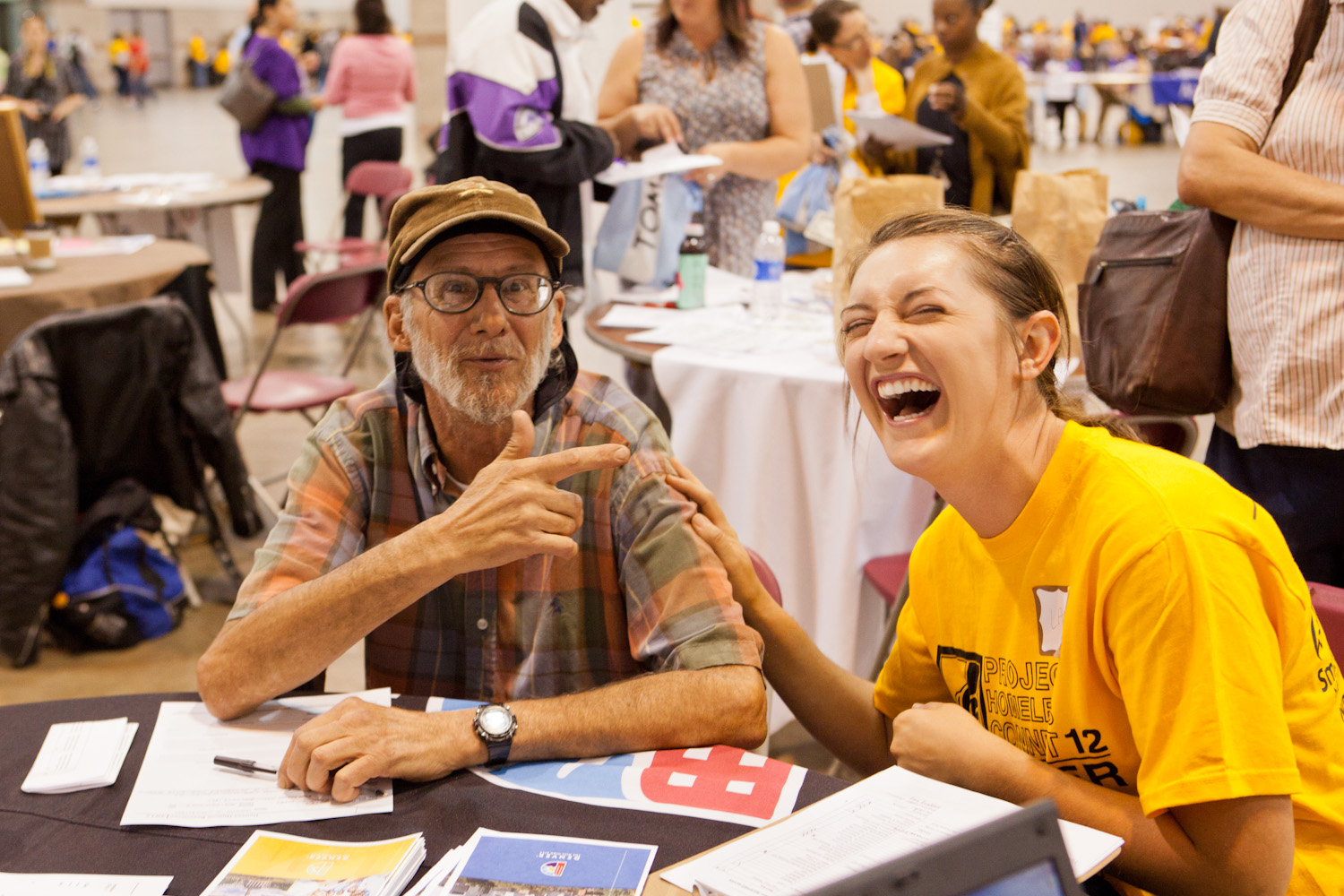The Denver Foundation received its first gift in 1927 from Distribution Committee member J.K. Mullen. Mullen, founder of the Colorado Mining and Elevator Company, was also known for his success in the flour mill industry with J.K. Mullen and Company.
His $1,000 donation paved the way for the foundation’s first recorded grant to support the Community Chest of Denver—today’s Mile High United Way.
This gift was the beginning of a partnership that has spanned more than a century. A relationship rooted in the belief that community is stronger when we work together.
- Christine Benero, president & CEO of Mile High United Way
“It’s not shocking that the first grant that The Denver Foundation made was to the United Way,” said Christine Benero, president & CEO of Mile High United Way. “The values aligned and still do 100 years later. A century ago, those community leaders said, ‘We’re going to raise money collectively as a community foundation, and we’re going to invest it into organizations that collectively solve problems.”
In 1887, the founders of Mile High United Way—Frances Wisebart Jacobs, along with a priest, two ministers, and a rabbi—supported the broader public by combining efforts and aid across religious and political lines.
“Our mission brings our community together, no matter what our backgrounds—whether that’s our faith, our culture, or what neighborhood we live in,” says Benero.
This approach reflects the values The Denver Foundation continues to uphold today.
Denver’s social and economic landscape in the 1900s
During the early 1900s, Denver’s population increased by more than 1,500% in just two decades, placing significant stress on the community. Alongside this rapid growth, the city faced public health challenges with the spread of tuberculosis and economic hardships as the Great Depression took hold.
The need for coordinated and collective community support was more pressing than ever. Together, Mile High United Way and The Denver Foundation stepped up to address the biggest challenges facing Denver at the time.
As time passed and Denver’s challenges shifted, both organizations remained committed to working with the community.
Tackling challenges a century later—together
In the early 2000s, as Denver faced a growing homelessness crisis, then-Mayor John Hickenlooper called on organizations across the city to take collective action. This led to the creation of Denver’s Road Home, an initiative designed to pool resources, align strategies, and expand access to housing, supportive services, and long-term pathways out of homelessness.
 Mile High United Way and The Denver Foundation mobilized the philanthropic community and collaborated with local partners to support the initiative.
Mile High United Way and The Denver Foundation mobilized the philanthropic community and collaborated with local partners to support the initiative.
Again, during the COVID-19 pandemic, both organizations coordinated efforts alongside nonprofits, government agencies, and community leaders. They helped keep vital nonprofits operational, ensured families could access basic needs, and prioritized equity in Colorado’s pandemic response.
Benero recalls, “You saw the community—the philanthropic community, the nonprofit community, and those of us who desperately care about our state—say, ‘What can we do? How do we do it together? How do we learn from each other? Where do we need to support? What do we need to fund?’”
These moments reflect what has always defined this partnership: uniting donors, organizations, and the community to meet the moment—together.
The partnership also lives in the trust donors have placed in these two organizations for generations.
J.K. Mullen was the first of many fundholders at The Denver Foundation to support Mile High United Way’s mission. That same spirit of generosity continues through donors like Beatrice Taplin, a former trustee, longtime fundholder, and supporter of Mile High United Way— along with many others who carry on this tradition of giving through The Denver Foundation.
Commitment to community and partnership
Colorado has and will continue to face evolving and interconnected challenges.
A family experiencing homelessness might also be navigating food insecurity, health challenges, or barriers to education. Addressing just one issue isn’t enough, and no single organization can meet all those needs alone. “Organizations like the United Way and The Denver Foundation look at how we knit these things together for families and individuals because they need us all, not just one,” says Benero.
That kind of collaboration is what both organizations were built on. “What I love about the United Way and The Denver Foundation is the partnership. I imagine Frances Wisebart Jacobs speaking to J.K. Mullen or Emily Griffith the same way that Javier [Alberto Soto] and I speak, asking, ‘What are you seeing? Where do we need to be? What can we do together? That is what’s represented in our two organizations. Not just the financial investments, which are critical, but that thought partnership, on how do we come together, alongside other community partners.”
It’s what has allowed both organizations to endure—and thrive—for more than 100 years.
“We share something more than history with Mile High United Way—we share a belief that real change starts in community and is only possible when we show up, listen, and work collectively to make it happen. That kind of partnership is why both our organizations have lasted and it’s what will continue to carry us forward,” says Javier Alberto Soto, president & CEO of The Denver Foundation.
“A community is stronger when it is united. A community is stronger when it leverages each other’s resources. And a community is stronger when we can all sit around the same table with the same goal,” says Benero.
Photos provided by Mile High United Way
